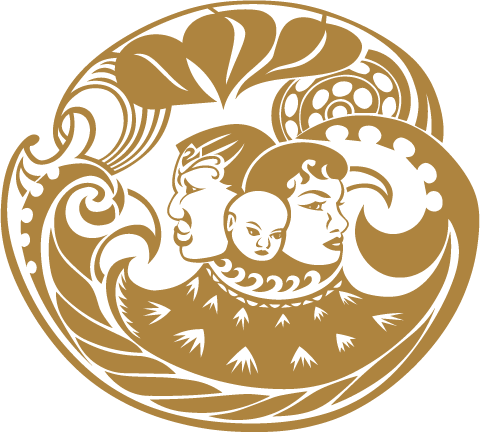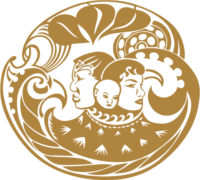
Hōkai Rangi
Hōkai Rangi represents a new strategic direction for the Department of Corrections, focusing on collaboration with the community and whānau. This initiative builds on existing community strengths and addresses the chronic housing needs of vulnerable prison populations.
As the home of Hōkai Rangi and Housing First, He Korowai Trust works alongside the Department of Corrections to safely transition Māori from prison back into their community of choice, offering essential support for successful reintegration.

